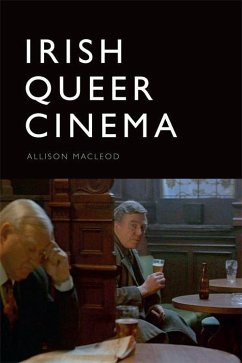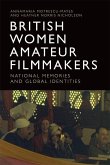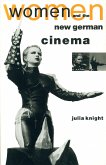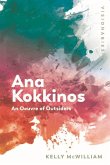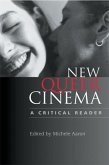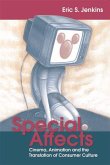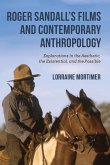'A sophisticated and engaging addition to the academic literature on Irish cinema, Irish Queer Cinema offers an impressive series of theoretically informed close textual analyses to trace the development of onscreen queer sexualities over the past forty years, arguing for an understanding of sexuality in cinema as spatially regulated and produced.' Conn Holohan, NUI Galway 'Irish Queer Cinema offers a new perspective that focuses on queer identities and attends to the textual configuration of space that they entail. Such organisation of the argument, supported by detailed analysis of films that are uniquely brought together in this work, significantly challenges and extends the range of canonical Irish film texts. Avoiding the tired "representations of " approach that is too common in studies of national cinemas and writing with admirable lucidity and analytical precision, Macleod has produced a sophisticated book that makes an exciting and original contribution to the literature on Irish cinema.' Dimitris Eleftheriotis, University of Glasgow In recent years queer identities have become increasingly visible in Irish cinema. This shift can be linked to political, economic and social changes taking place both in Ireland and around the world, as well as to changes in national film policy to cater more to international audiences. Irish Queer Cinema explores the sexual politics and socio-economic conditions that have determined the shape and evolution of these representations. Through selective deployment of queer theory and theories of space, this book provides a unique approach to Irish queer cinema via the sexual politics of space - interrogating how social and spatial relations are structured by gender and sexual ideologies and how these are represented within cinematic space. Drawing together more than twenty-five films as depictive of an Irish queer cinema, including Pigs, A Man of No Importance and Breakfast on Pluto, Allison Macleod investigates the different ways gender and sexuality intersect with national forms of belonging and examines the role of queerness within the constitution of an Irish national culture. Allison Macleod is a researcher in Film Studies whose primary research interests include queer theory, representations of space and movement in film, and the role of the national in shaping cultural identity. Cover image: Albert Finney in A Man of No Importance, Suri Krishnamma, 1994 Cover design: [EUP logo] edinburghuniversitypress.com ISBN 978-1-4744-1148-6 Barcode
Hinweis: Dieser Artikel kann nur an eine deutsche Lieferadresse ausgeliefert werden.
Hinweis: Dieser Artikel kann nur an eine deutsche Lieferadresse ausgeliefert werden.

